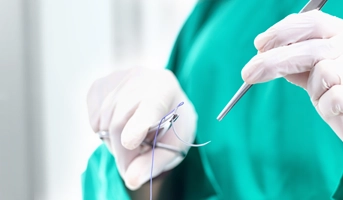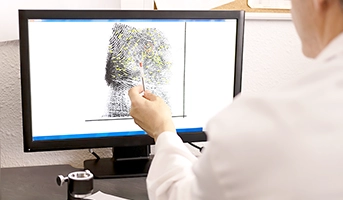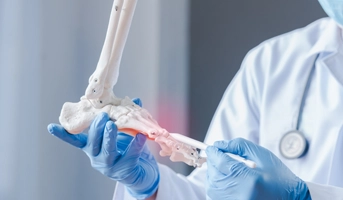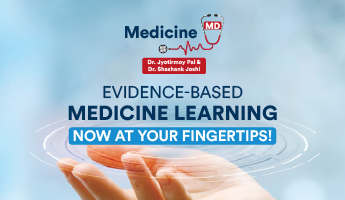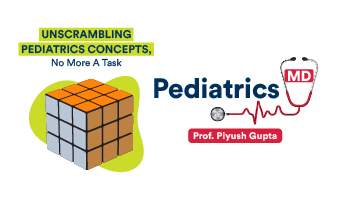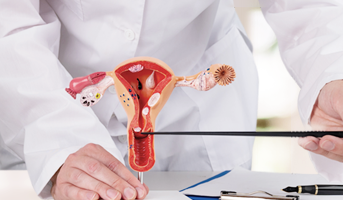Every medical student knows that the MRCP exam is one of the most prestigious postgraduate medical courses and allows graduates to practice medicine in India and worldwide, including Asian, European, and Gulf countries. Originally from the UK and conducted by the Royal Colleges of Physicians, the MRCP exam has two parts – part 1 and part 2 course. Part 1 is a written exam consisting of two papers, 100 best of five questions (BOF), and a time limit of 3 hours, all of which make cracking the MRCP exam very difficult. However, there are several advantages to passing the MRCP exam. Apart from being able to practice medicine in countries like Australia, Ireland, and Singapore, it also boosts your CV because of its global prestige. If you do want the wider recognition that passing the MRCP exam ensures, to get started, here are a few things to know about eligibility for an MRCP degree:
- Existing Medical Degree – The MRCP exam is for postgraduates which means that you need to obtain a bachelor’s degree before you can consider attempting it. Further, you can only apply to take the MRCP exam a minimum of one year after you have completed your medical graduation and this precious time should be spent sincerely studying for this notoriously competitive exam.
- Years of Medical Training – To apply for the MRCP exam, you need to have completed a minimum of one year of medical employment. This includes internships and other fellowships during which you have successfully gained practical medical knowledge that you will later require for the paces exam of the MRCP. To make the process easier, ensure that you have already completed your required medical employment so that you can focus on MRCP preparation.
- The Number of Attempts Allowed – The MRCP exam has a limit to the number of attempts allowed – you can attempt the MRCP medical entrance exam a maximum of six times each. Thus, you can appear for part 1 and part 2 six times each. However, you must clear part 2 and the paces course within 7 years of completing part 1. To set yourself on the right track and prevent excessive attempts, good preparation for the first attempt is the key to MRCP success. You can achieve this by rigorously using the material provided in the ‘Cracking MRCP Part-1’, a detailed MRCP preparatory course offered on DigiNerve, and guided by India’s top faculty- Dr. Gurpreet Singh Wander and Dr. Archith Boloor.
- Exam Dates and Application Process – Once you’ve studied enough and are ready to attempt the MRCP exam, you need to book an exam date. The MRCP part 1 exam dates are set three times a year, in January, May, and September, with applications opening three months before each exam date. Once you have completed your preparation with ‘Cracking MRCP Part-1’, you can apply for the exam by registering through the official Royal Colleges of the UK website.
- Fees and Age Limit – To be eligible for the MRCP exam, a fee of £594 for international applicants, and £419 for UK applicants are required. Luckily, there is no age bar imposed to appear for the MRCP exam as it is open to all students who have sufficiently prepared.
Despite being highly competitive, acing the MRCP exam is easy with expert guidance, like the acclaimed Dr. Gurpreet Singh Wander and Dr. Archith Boloor, and with a focused study plan, complete with extensive course material on an accessible platform like DigiNerve. Now that you are informed of the eligibility criteria for the MRCP exams, know that the ‘Cracking MRCP Part-1’ is the key to success. By providing students with video lectures, over 3000 BOF questions, mock tests, and mentor support, every student will have the tools needed to crack the MRCP exam. To begin your exam preparation journey, click here to get started with DigiNerve.
The MRCP exam is one of the toughest exams to pass – but at the end of it, you walk away with an internationally recognized qualification that makes all the hard work worth it. Your job and studies are probably keeping you busy already, so it is important that you optimize your time and study for the MRCP the smart way. Here are seven tips on how to crack the MRCP Exam:
1. Stay focused on the exams
You want to allocate at least a few hours a day to MRCP exam preparation, as consistency is important. You don’t need to spend all day on the MRCP study material. Focused studying for a few hours everyday is the key to success.
2. Practice answering questions
The most important MRCP test preparation you can do is to get yourself a book of practice questions to ensure you understand the format of the test and recognize patterns in the questions. You can also try an MRCP questions bank, with Cracking MRCP Part 1, for practice.
3. Cover all the specialties in the curriculum
Try solving as many questions from the range of specialties covered in the curriculum as you can, to ensure you have a thorough knowledge of each topic. Diginerve’s app has notes and questions on every topic you need to know.
4. Find reliable MRCP study material
Make sure your MRCP study material is detailed, thorough, and covers everything you need to know. Jaypee has course manuals, revision notes, and practice papers for MRCP part 1 and MRCP part 2, and an online course with mentorship, webinars, practice questions, mock papers case studies, and revision notes for MRCP Part 1.
5. Do mock exams under timed conditions.
The MRCP tests are a marathon, not a sprint. You need to be prepared to answer hundreds of questions. Mock papers by Cracking MRCP Part 1 help you test yourself and measure your progress against peers on a leaderboard.
6. Understand the concepts, don’t just memorize
When you practice, you also need to understand the reasoning behind why an answer is wrong or right. If you only memorize, you might find yourself confused in the actual MRCP exam. Understanding the concepts will give you a better understanding and make you a better doctor overall.
7. Ask people who’ve passed the MRCP for advice
You probably know doctors who have passed the MRCP part 1 and MRCP part 2 and attained the MRCP degree. Ask them what to do and how to study. Whatever methods they used, they passed, so approaching the test in a similar way means you’re on the right track.

